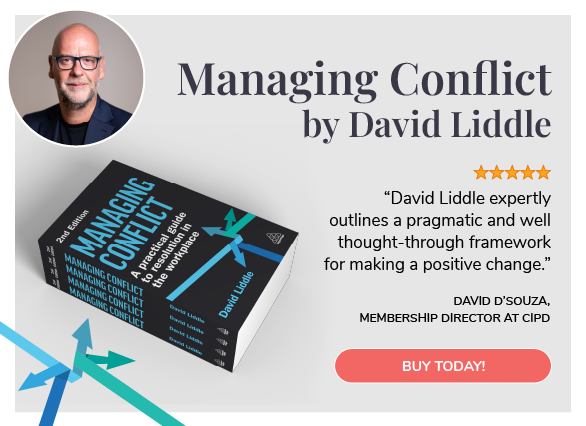
Share article:
Tags:
A recent article in Harvard Business Review highlights the issue of the ‘toxic’ employee.
I’m sure everyone reading this has come across this kind of colleague at some point in their career. The individual who thrives on gossip and rumour, shouts down ideas, is unnecessarily obstructive and generally has nothing good to say about anyone.
It’s amazing how much impact just one difficult and unpleasant individual can have in an otherwise happy team. People start to feel demoralised, frustrated and upset – and in some cases their working lives become so unbearable that they consider leaving.
This is the situation that the Celia Swanson, author of the article, found herself in. She was shocked to find out that one individual in the team she was heading up had been so generally obnoxious that some of her valued employees were in danger of heading out the door. No-one had felt able to speak up about the insidious behaviour, so she had been oblivious to what was going on and the negative effect it was having on her people. Her response was to immediately fire the individual in question – despite the fact that in other ways, they were a critical and high performing member of the team.
Now sending someone instantly packing is probably not a solution open to managers in the UK, where employment law and approaches to hiring and firing are somewhat different to the US. But the story does illustrate how important it is not to let toxic behaviour take hold in a team.
As Swanson points out in her article, managers tend to fall into one of two camps. There are the ‘passive enablers’ – who have no idea what’s going on and trust that their team members are behaving appropriately. Then there’s the ‘active enablers’ – who are fully aware of the situation, but choose to do nothing about it because they fear repercussions – or because the individual in question is just too valuable to lose.
There are two questions managers need to ask themselves here:
Firstly, how sure are you that your people are telling you the things you need to hear? Not just about toxic behaviour, but about issues that are causing them stress, getting in the way of them doing their job effectively or even that are possibly putting the business at risk.
Creating people-centred, values-led cultures where people are happy to ‘speak truth to power’ is vital. Recent research from Hult Ashridge shows that employees are routinely sitting on potentially damaging organisational ‘secrets’, with one in five junior employees believing they would be punished if they spoke up.
Managers need help to improve their understanding of the subtle dynamics of speaking up and the small but crucial changes they can make to encourage truly open and honest dialogue in their teams.
Secondly, are you brushing toxic behaviour under the carpet in your team because you are avoiding conflict?
Very few of us enjoy conflict, in fact most people’s natural inclination is to run away from it – but ignoring it in the hope it will go away is the worst possible approach. If issues are allowed to escalate, or bad feeling is allowed to fester, it can have an enormous impact on a team’s motivation and productivity.The skills and techniques to understand what causes conflict at work and to know how to manage it effectively should be a core part of every manager’s toolkit. The return on investment will be significant – the communication, negotiation, listening and facilitation skills that managers will learn are not only useful when it comes to managing conflict, but will be useful across all aspects of their working lives.








